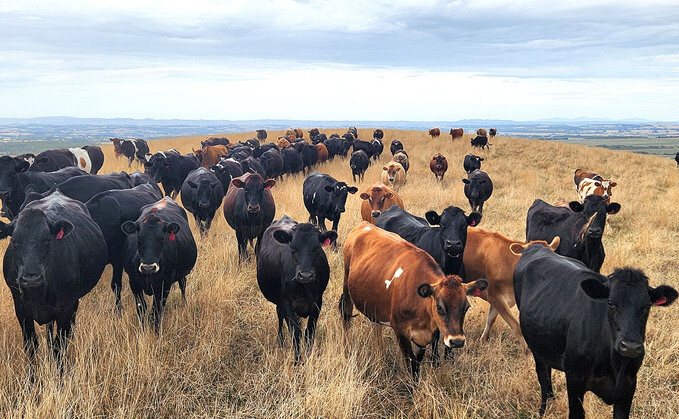
In a move poised to recalibrate the landscape of international commerce, the United States has announced the imposition of a 10 per cent tariff on goods originating from Australia. This measure, a component of President Donald Trump's revised trade policy, has elicited a swift reaction from Canberra, with Prime Minister Anthony Albanese vowing to explore avenues of dispute resolution should the need arise. Meanwhile, Opposition Leader Peter Dutton has suggested a willingness to engage in broader strategic negotiations, potentially encompassing defense and security considerations.
The imposition of these tariffs necessitates a closer examination of Australia's global trade dynamics. Over the preceding decades, the Australian economy has undergone a significant transformation, evolving from a heavily protected entity to a prominent exporting nation actively engaged in free trade. This paradigm shift has been underscored by the establishment of 18 free trade agreements with partners spanning the Asian, European, and American continents.
While the United States represents a substantial market for Australian goods and services, it is not the preeminent destination for the nation's exports. China has long held the position of Australia's foremost export partner, primarily driven by its robust demand for energy resources and iron ore, the latter being a crucial input for its extensive industrial sector. Notably, all of Australia's leading export destinations are signatories to trade agreements, many of which are direct bilateral arrangements.
Bilateral trade in goods and services between Australia and the US has witnessed a doubling in volume since the inception of the Australia-USA Free Trade Agreement (AUSFTA) in 2005. In the last fiscal year, the US ranked as Australia's second-largest two-way trading partner, trailing only China. However, from the perspective of the United States, Australia constitutes a comparatively minor trading partner, with Australian imports not featuring among the US's top ten.
Under the AUSFTA framework, a significant 99 per cent of US imports enter Australia without tariffs. Nevertheless, concerns have been voiced by some US policymakers regarding Australia's stringent biosecurity protocols, particularly as they pertain to agricultural commodities. In his announcement of the global tariffs, President Trump specifically cited Australia's prohibition on fresh beef imports—a biosecurity measure in effect since 2003 following the detection of bovine spongiform encephalopathy (BSE).
An analysis of Australia's export portfolio reveals that the mining and energy sectors constitute the lion's share of its overseas sales, with agricultural products forming a significant portion as well. Notably, services represent Australia's most valuable exports to the United States. While the flow of services can be influenced by visa and travel regulations, they are not subject to tariffs in the same manner as tangible goods. Intellectual property charges also constitute a significant export to the US.
In the preceding year, Australian beef exports to the US experienced robust growth, attributed to favorable market access under AUSFTA and a depreciation of the Australian dollar. Indeed, the US emerged as Australia's most lucrative beef export market in the 2023/24 fiscal year, a period that saw total beef export values reach a record high of $14.68 billion. Despite this, Australian beef producers anticipate that the newly imposed 10 per cent tariff will exert downward pressure on prices.
Australia's strategic decision to liberalize its economy, dismantle protectionist measures, and embrace global trade has fundamentally reshaped its economic structure. This transformation has seen a shift from a protectionist agricultural export model to one dominated by mining exports. However, this liberalization has also exposed domestic industries, such as agriculture, to heightened international price competition.
Reflecting on Australia's economic evolution, Professor Shiro Armstrong from the Australian National University highlighted the nation's transition away from manufacturing sectors like automotive production, with a greater emphasis now placed on design, specialized components, and marketing. He posited that the embrace of cheaper imports has ultimately contributed to Australia's economic prosperity.
As the implications of the US tariff policy unfold, the Australian government faces the task of navigating these new trade realities while safeguarding the nation's economic interests. The potential ramifications for key export sectors and the broader bilateral relationship with the United States will undoubtedly be closely monitored in the coming period.
[Copyright (c) Global Economic Times. All Rights Reserved.]






























